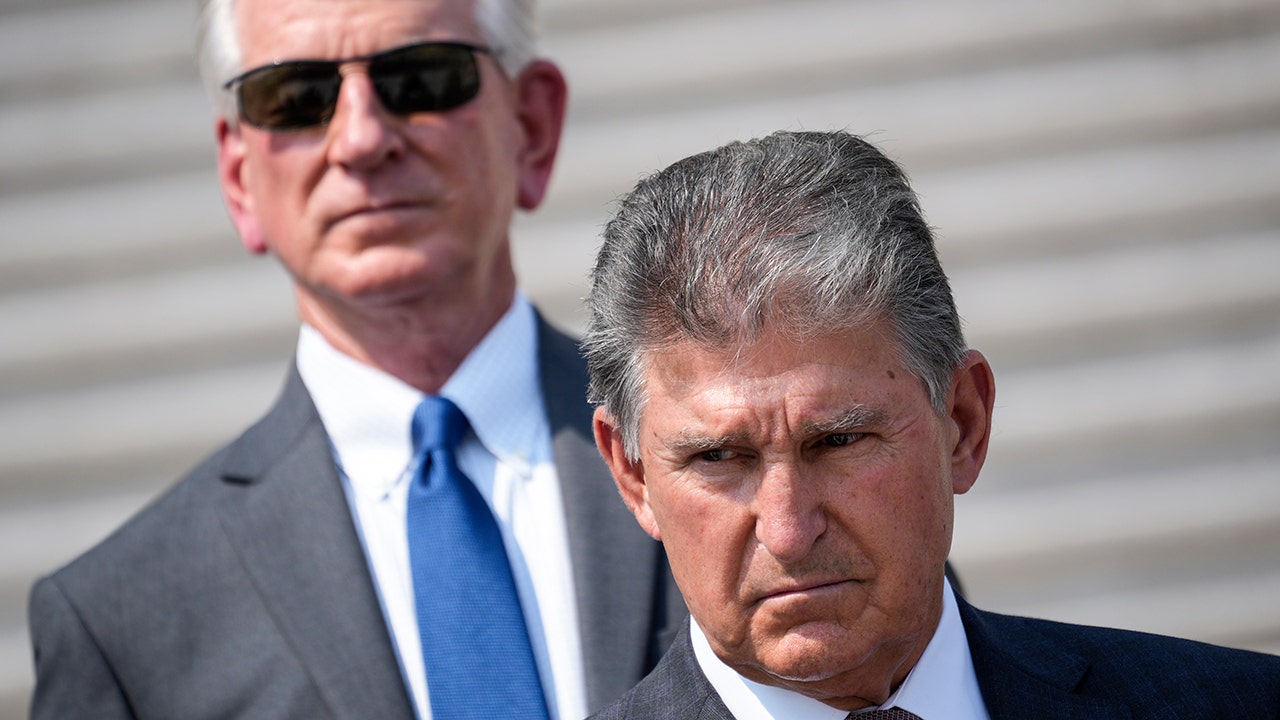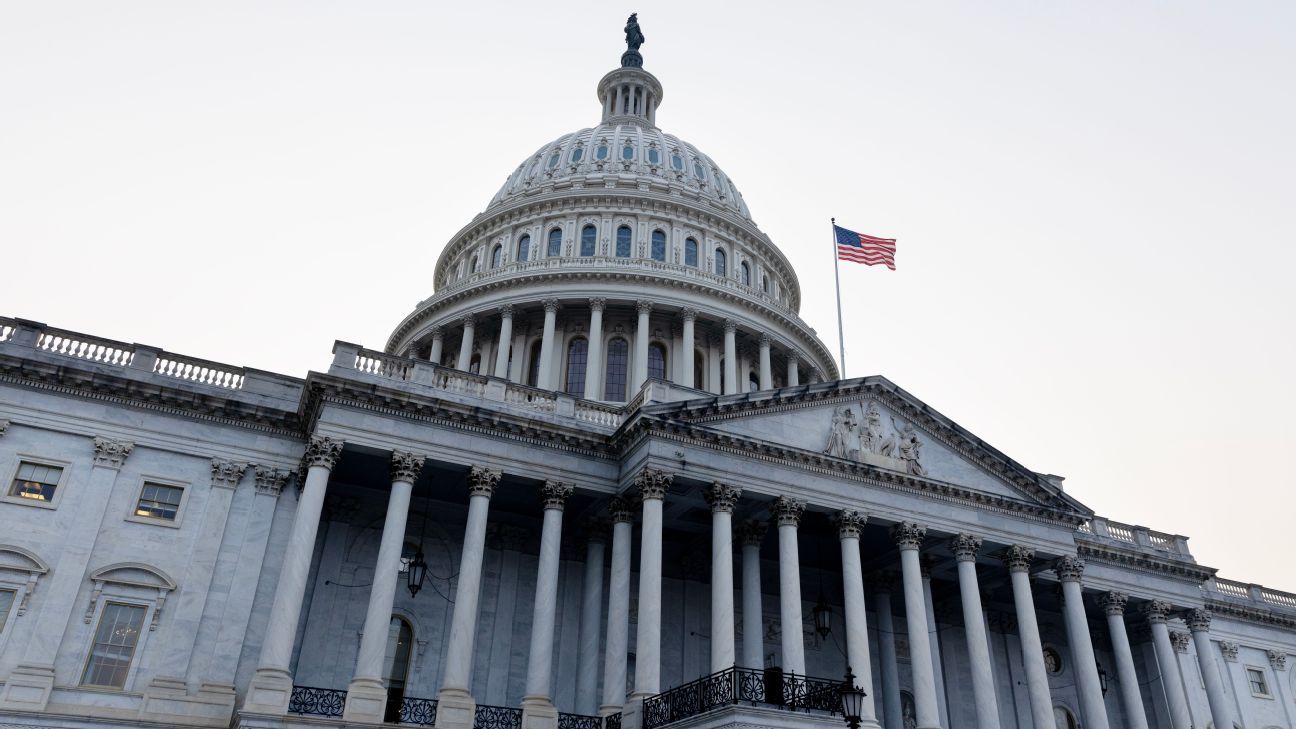
Manchin and Tuberville introduce bipartisan bill to shake up college sports
Senators Joe Manchin and Tommy Tuberville have introduced bipartisan legislation to set national standards for name, likeness and image agreements in collegiate athletics.
The PASS Act would set rules for NIL agreements and give the NCAA oversight powers
Sens. Joe Manchin, D-W.Va., and Tommy Tuberville, R-Ala., on Tuesday introduced legislation that would overhaul collegiate athletics and create a national standard for using an athlete's name, image and likeness (NIL).
The bill comes two years after the U.S. Supreme Court ruled the NCAA had illegally restricted education-based benefits that could be used as compensation to student athletes. In response to that decision, the NCAA Division I Board of Directors in 2021 implemented an "interim" policy suspending its NIL compensation rules until the NCAA adopted new rules or Congress passed legislation.
Now, Manchin, a former West Virginia University football player, and Tuberville, the former head football coach at Auburn University, have stepped in with the "Protecting Athletes, Schools and Sports Act," or PASS Act, to set rules for collectives and boosters, protect student athletes and maintain fair competition between schools and states. Their bill would require collectives and boosters to be affiliated with a college or school, prohibit inducements and ban certain NIL agreements, such as those that "involve alcohol, drugs, or conflict with existing school and conference licenses."
The PASS Act would grant the NCAA oversight and investigative authority over NIL activities. According to a press release, the association would be charged with reporting violations to the Federal Trade Commission.
The bill would also make changes to the transfer portal, requiring that student athletes complete their first three years of academic eligibility before allowing them to transfer without penalty, with few exceptions.
The legislation mandates that four-year institutions provide healthcare coverage to student athletes, including insurance to athletes who are uninsured for eight years after they graduate. Wealthier colleges and universities would be required to pay for out-of-pocket medical expenses for their athletes. An institution making more than $20 million in athletics revenue would be required to pay for two years of out-of-pocket medical expenses. Those making more than $50 million would be responsible for four years of out-of-pocket expenses.
Manchin and Tuberville said this legislation is the culmination of two years of conversations with stakeholders.
"As a former college athlete, I know how important sports are to gaining valuable life skills and opening doors of opportunity. However, in recent years, we have faced a rapidly evolving NIL landscape without guidelines to navigate it, which jeopardizes the health of the players and the educational mission of colleges and universities," Manchin said in a statement. "Our bipartisan legislation strikes a balance between protecting the rights of student athletes and maintaining the integrity of college sports."
"Student athletes should be able to take advantage of NIL promotional activities without impacting their ability to play collegiate sports," said Tuberville. "But we need to ensure the integrity of our higher education system, remain focused on education, and keep the playing field level. Our legislation with Senator Manchin will set basic rules nationwide, protect our student athletes, and keep NIL activities from ending college sports as we know it."
The press release included statements of support from NCAA President Charlie Baker, the Big 12 Conference, the Southeastern Conference and from school administrators.
Last week, Sens. Jerry Moran, R-Kan., Richard Blumenthal, D-Conn., and Cory Booker, D-N.J., unveiled a similar bill, the College Athletes Protection & Compensation Act, which would set NIL standards and establish a Medical Trust Fund to provide care for injured athletes. The main difference is their bill would create the College Athletics Corporation to act as an oversight entity and set rules for NIL agreements, rather than grant that authority to the NCAA.


